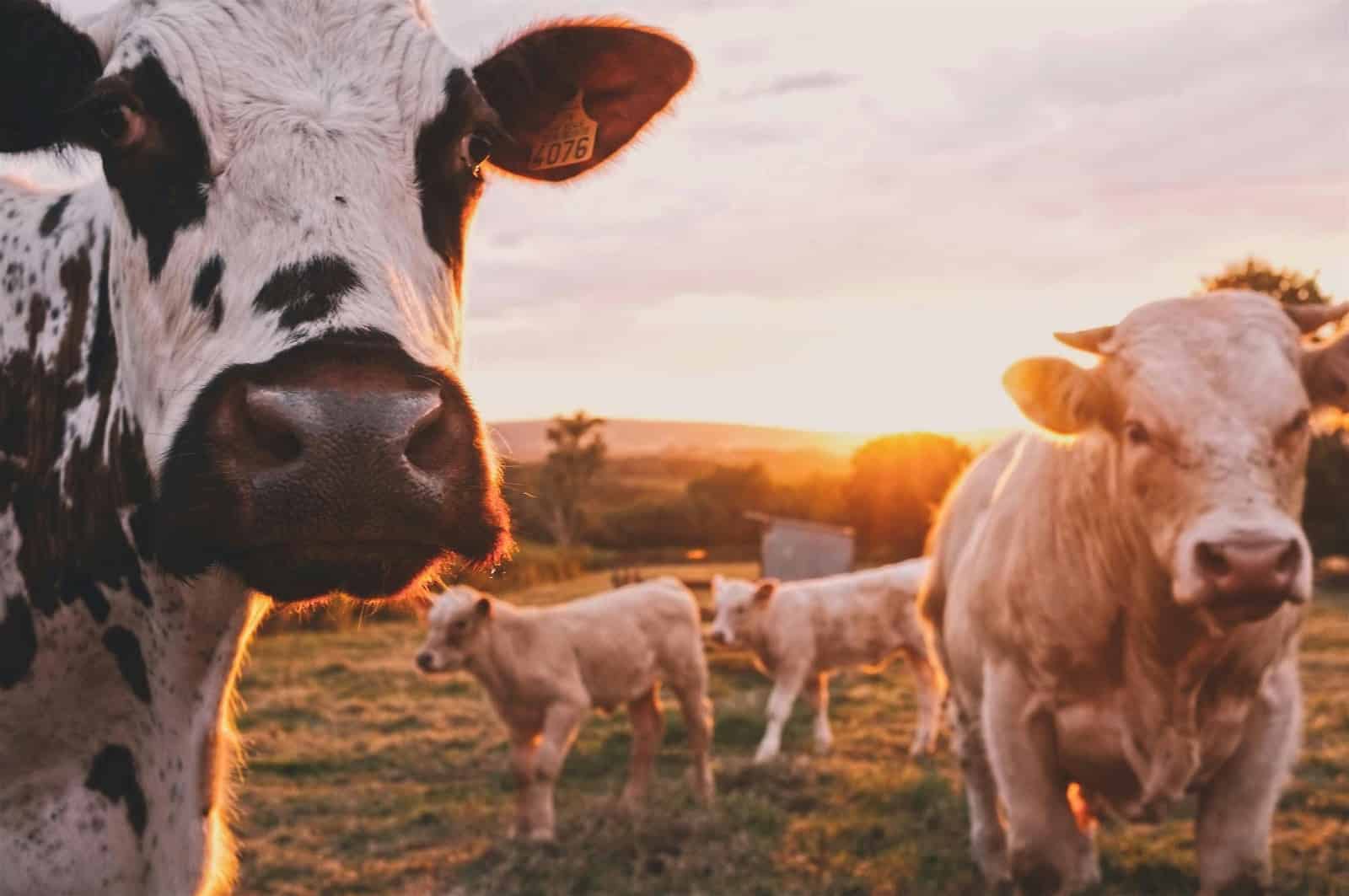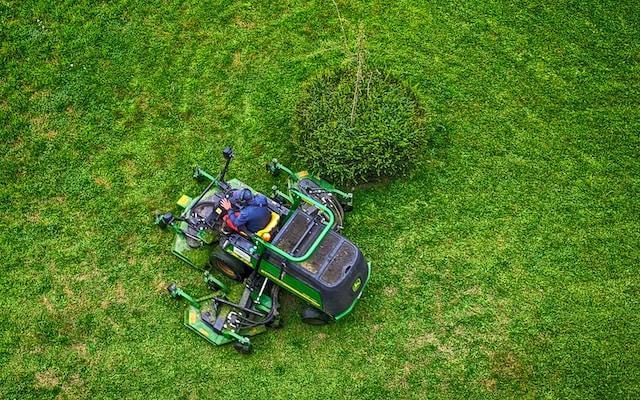Every hobby farmer dreams of a lush, productive garden. Unfortunately, common weeds can quickly turn that dream into a battlefield. But don’t hang up your gardening gloves just yet!
With the right approach, combatting these unwelcome guests can be both effective and environmentally friendly. In this post, we’ll explore innovative and time-tested methods to manage common weeds, ensuring your hobby farm thrives.
Table of Contents
Understanding Weeds
Before drawing battle lines, it’s crucial to understand our green foes. Weeds are simply plants growing where they’re not wanted.
They’re opportunistic, hardy, and extremely adaptable. Recognizing common weed species and their growth habits is the first step in effective management. This knowledge allows for targeted approaches that disrupt their life cycle.
Chemical Control Options
While many hobby farmers prefer to avoid chemical herbicides, there are cases where they may be necessary. When selecting chemical controls, opt for selective herbicides that target specific weeds without harming your crops. Remember to use these products as a last resort and always follow the label instructions to minimize environmental impact.
When dealing with tough weeds like crabgrass and dandelion, finding an effective solution that fits within an organic farming framework can be challenging.
A post-emergent herbicide, such as crabgrass weed killer, may offer a targeted approach. This type of product can complement existing methods by specifically addressing problematic weeds without extensive labor.
Mechanical and Physical Removal
When weeds do appear, prompt removal is key. Mechanical methods such as hoeing, tilling, and hand-pulling are effective but labor-intensive. Solarization, using clear plastic to trap solar heat, kills weeds and their seeds. It’s a powerful method during warm months and also helps control soil-borne pathogens.
Preventative Measures
Prevention is the best cure in the garden. Strategies such as mulching, using landscape fabric, and planting ground covers can significantly reduce weed emergence by blocking sunlight and physically inhibiting growth. Keeping your soil healthy and maintaining a dense plant canopy also makes it harder for weeds to establish.
Monitoring and Maintenance
Consistent monitoring and maintenance are paramount. A weekly walk-through of your farm can help identify new weed infestations before they become problematic. Keeping records of weed presence and control measures can also inform future management strategies, making your efforts more efficient over time.
Cultural Control
Incorporating cultural controls involves modifying your farming practices to suppress weeds. Crop rotation, timely planting, and choosing competitive crop varieties can reduce weed pressures. Additionally, maintaining optimal soil fertility and moisture levels discourages weeds, which often thrive in disturbed or poor soils.
Community Engagement and Education
Sharing knowledge and experiences with fellow farmers can lead to more effective weed management strategies. Participating in local agriculture groups or online forums allows for the exchange of tips and tricks that might be specifically effective in your region.
Additionally, educating oneself about new, sustainable weed control methods keeps your farm practices up-to-date and environmentally responsible.
Organic Solutions
For those seeking chemical-free options, organic solutions can be potent allies. Vinegar-based herbicides or essential oils like clove or citrus oil have shown promise in suppressing weed growth. However, they should be applied carefully, as they can harm desired plants if not used correctly.
Adapting to Changes
Weed management is not a set-and-forget task. As your garden evolves, so too will the weed pressures it faces. Adaptive management, where strategies are regularly reviewed and adjusted according to changing conditions, is essential. This dynamic approach ensures that your farm can respond effectively to new weed threats and continue to flourish.
Encouraging Natural Weed Predators
Nature has its way of maintaining balance, and this includes natural weed suppression. Encouraging a diverse ecosystem on your farm invites weed-eating insects and animals. Chickens, for example, can be excellent weed controllers, happily feasting on many common weed species, while certain insects target specific weeds, offering a helping hand without human intervention.
Conclusion
Combatting weeds in your hobby farm requires a multifaceted approach. By integrating preventative measures, cultural controls, mechanical removal, organic solutions, encouraging natural predators, and by consistently monitoring and maintaining your garden, you can keep it robust and productive.
Adding methods like chemical control where necessary, engaging with the farming community for shared wisdom, and adapting to changing environments enrich your weed management practices. With patience and perseverance, you can maintain a healthy, weed-free garden that flourishes year after year.




